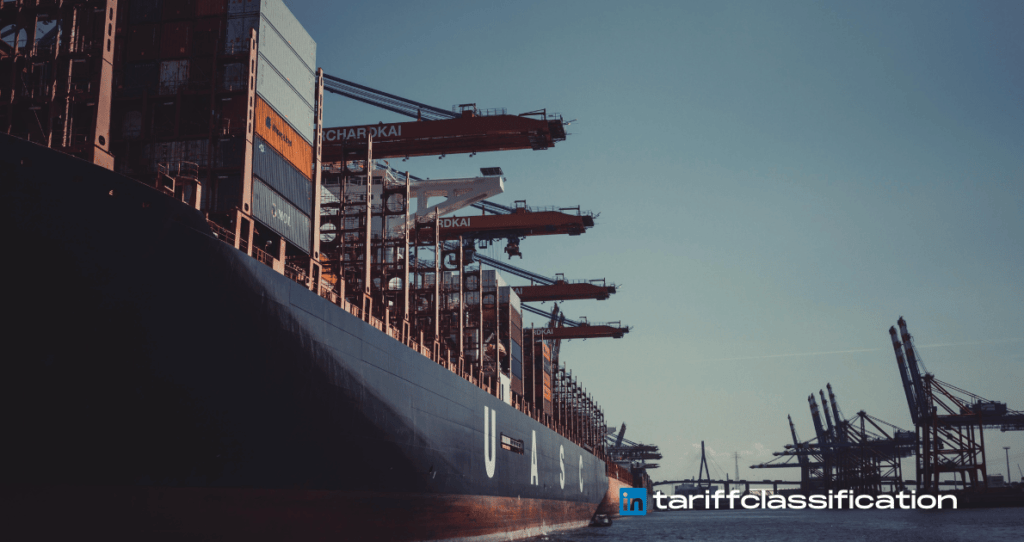International trade and business both depend heavily on trade compliance. It entails making sure that all parties to the trading process, including buyers and sellers, are abiding by the rules and laws that are relevant to the particular nations participating in the transaction. This covers customs, export, import, and other relevant laws and regulations. A smooth, effective, and secure international trading procedure is what trade compliance aims to achieve.
Trade compliance’s anatomy
Compliance with export laws, trade agreements, and other pertinent requirements is considered trade compliance. Creating documentation and submitting it to the appropriate government agencies are also covered. Trade compliance encompasses a wide range of issues, and it is crucial for organisations to comprehend and abide by all relevant laws and rules.
The significance of trade compliance
Trade compliance is crucial, and it cannot be emphasised enough. It is crucial for firms to abide by all relevant laws, rules, and agreements governing international trade. For businesses, it’s crucial to make sure that their goods and services live up to the expectations of both domestic and foreign clients. Companies risk fines, penalties, and even legal repercussions if they fail to comply with trade regulations.
Trade compliance advantages
Trade compliance has a wide range of advantages. It guarantees a level playing field and a safe trading environment for all participants in the trading process. Additionally, it facilitates the trade process and lowers administrative costs. Additionally, the compliance rules shield companies from potential responsibilities and legal concerns.
Trade compliance procedure
Trade compliance is a challenging process that calls for knowledge and skill. Working with seasoned trade compliance experts who can assist them in comprehending and adhering to the applicable laws and regulations is crucial for organisations. Companies should make sure they have access to the most recent trade compliance information so they can stay current on industry advancements.
Conclusion
To sum up, trade compliance is a crucial component of international trade and industry. It entails making sure that all parties to the trading process, including buyers and sellers, are abiding by the rules and laws that are relevant to the particular nations participating in the transaction. A smooth, effective, and secure international trading procedure is what trade compliance aims to achieve. To make sure they are adhering to all pertinent laws and regulations, businesses should collaborate with seasoned trade compliance consultants.
